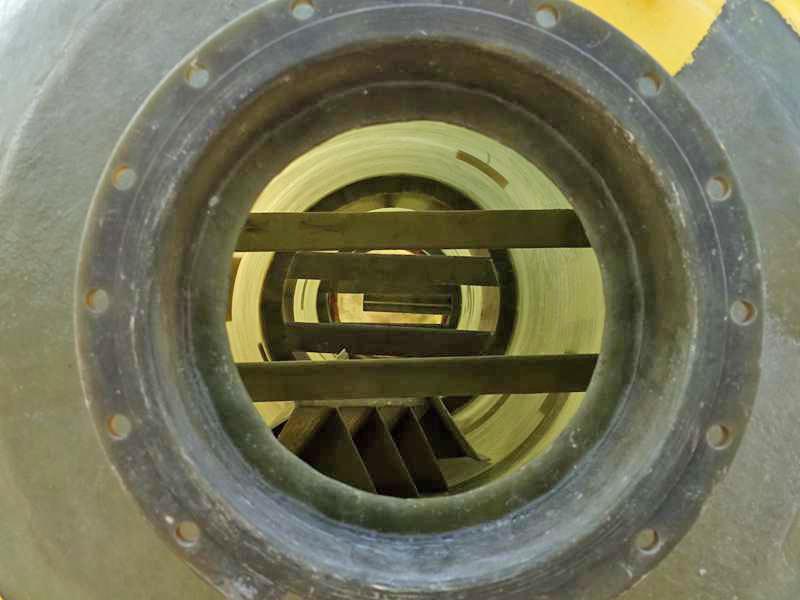
-
 Afrikaans
Afrikaans -
 Albanian
Albanian -
 Amharic
Amharic -
 Arabic
Arabic -
 Armenian
Armenian -
 Azerbaijani
Azerbaijani -
 Basque
Basque -
 Belarusian
Belarusian -
 Bengali
Bengali -
 Bosnian
Bosnian -
 Bulgarian
Bulgarian -
 Catalan
Catalan -
 Cebuano
Cebuano -
 China
China -
 China (Taiwan)
China (Taiwan) -
 Corsican
Corsican -
 Croatian
Croatian -
 Czech
Czech -
 Danish
Danish -
 Dutch
Dutch -
 English
English -
 Esperanto
Esperanto -
 Estonian
Estonian -
 Finnish
Finnish -
 French
French -
 Frisian
Frisian -
 Galician
Galician -
 Georgian
Georgian -
 German
German -
 Greek
Greek -
 Gujarati
Gujarati -
 Haitian Creole
Haitian Creole -
 hausa
hausa -
 hawaiian
hawaiian -
 Hebrew
Hebrew -
 Hindi
Hindi -
 Miao
Miao -
 Hungarian
Hungarian -
 Icelandic
Icelandic -
 igbo
igbo -
 Indonesian
Indonesian -
 irish
irish -
 Italian
Italian -
 Japanese
Japanese -
 Javanese
Javanese -
 Kannada
Kannada -
 kazakh
kazakh -
 Khmer
Khmer -
 Rwandese
Rwandese -
 Korean
Korean -
 Kurdish
Kurdish -
 Kyrgyz
Kyrgyz -
 Lao
Lao -
 Latin
Latin -
 Latvian
Latvian -
 Lithuanian
Lithuanian -
 Luxembourgish
Luxembourgish -
 Macedonian
Macedonian -
 Malgashi
Malgashi -
 Malay
Malay -
 Malayalam
Malayalam -
 Maltese
Maltese -
 Maori
Maori -
 Marathi
Marathi -
 Mongolian
Mongolian -
 Myanmar
Myanmar -
 Nepali
Nepali -
 Norwegian
Norwegian -
 Norwegian
Norwegian -
 Occitan
Occitan -
 Pashto
Pashto -
 Persian
Persian -
 Polish
Polish -
 Portuguese
Portuguese -
 Punjabi
Punjabi -
 Romanian
Romanian -
 Russian
Russian -
 Samoan
Samoan -
 Scottish Gaelic
Scottish Gaelic -
 Serbian
Serbian -
 Sesotho
Sesotho -
 Shona
Shona -
 Sindhi
Sindhi -
 Sinhala
Sinhala -
 Slovak
Slovak -
 Slovenian
Slovenian -
 Somali
Somali -
 Spanish
Spanish -
 Sundanese
Sundanese -
 Swahili
Swahili -
 Swedish
Swedish -
 Tagalog
Tagalog -
 Tajik
Tajik -
 Tamil
Tamil -
 Tatar
Tatar -
 Telugu
Telugu -
 Thai
Thai -
 Turkish
Turkish -
 Turkmen
Turkmen -
 Ukrainian
Ukrainian -
 Urdu
Urdu -
 Uighur
Uighur -
 Uzbek
Uzbek -
 Vietnamese
Vietnamese -
 Welsh
Welsh -
 Bantu
Bantu -
 Yiddish
Yiddish -
 Yoruba
Yoruba -
 Zulu
Zulu
frp customized product
Unleashing Innovation with FRP Customized Products
Fiberglass Reinforced Plastic (FRP) has emerged as a revolutionary material in various industries, thanks to its lightweight, durability, and resistance to corrosion. As businesses seek to enhance their offerings and differentiate themselves in the competitive market, the demand for FRP customized products has surged. This article delves into the advantages of FRP, the scope of customization, and its applications across different sectors.
Understanding FRP
FRP is a composite material made of a polymer matrix reinforced with fibers, typically glass fibers. This unique combination results in a material that possesses exceptional mechanical properties while being much lighter than metals such as steel or aluminum. The versatility of FRP allows it to be molded into complex shapes, making it ideal for custom designs that meet specific needs.
Advantages of FRP
One of the primary benefits of FRP is its resistance to environmental factors. Unlike traditional materials that may corrode or degrade over time, FRP maintains its integrity even in harsh conditions. This characteristic is particularly valuable in industries such as marine, wastewater treatment, and construction, where exposure to moisture, chemicals, and UV radiation is common.
FRP products also offer excellent strength-to-weight ratios. This means that customized FRP solutions can be created without significantly increasing weight, leading to cost savings in transport and installation. Furthermore, the flexibility in design allows for intricate customizations, enabling businesses to create bespoke solutions tailored to their specific operational requirements.
The Scope of Customization
frp customized product

The customization of FRP products is virtually limitless. Companies can specify dimensions, shapes, colors, and features according to their specifications. For instance, FRP can be fabricated into tanks, ducts, gratings, and panels, each tailored to meet precise functional and aesthetic parameters.
In sectors such as construction and architecture, FRP customized products are gaining popularity for their ability to mimic traditional materials while providing superior performance. Architects can use customized FRP panels to create unique building facades that are both visually striking and highly durable. Moreover, the lightweight nature of FRP allows for easier installation and less structural reinforcement compared to heavier materials.
Applications Across Industries
The applications of FRP customized products span numerous sectors. In the aerospace industry, for instance, customized FRP components play a crucial role in improving fuel efficiency. The automotive industry also benefits from lightweight FRP parts, contributing to reduced emissions and enhanced performance.
In the electrical and electronics sectors, custom FRP enclosures protect sensitive equipment from environmental damage while allowing for lightweight and portable designs. Industries involving hazardous materials benefit from FRP’s chemical resistance, enabling the safe storage and transport of corrosive substances through customized tanks and containers.
Conclusion
As industries continue to evolve, the need for customized solutions is becoming increasingly essential. FRP’s adaptability, combined with its outstanding properties, makes it an attractive choice for businesses looking to innovate. The ability to create custom FRP products ensures that companies can meet specific demands while enhancing performance, safety, and aesthetic values. By harnessing the potential of FRP technology, industries can not only improve their offerings but also push the boundaries of what is possible in design and functionality.
In a world where customization is key to achieving competitive advantage, FRP stands out as a versatile solution, ready to meet the challenges of tomorrow. The future of customized products lies in the innovative applications of FRP, and embracing this change will undoubtedly lead to significant advancements across various industries.









